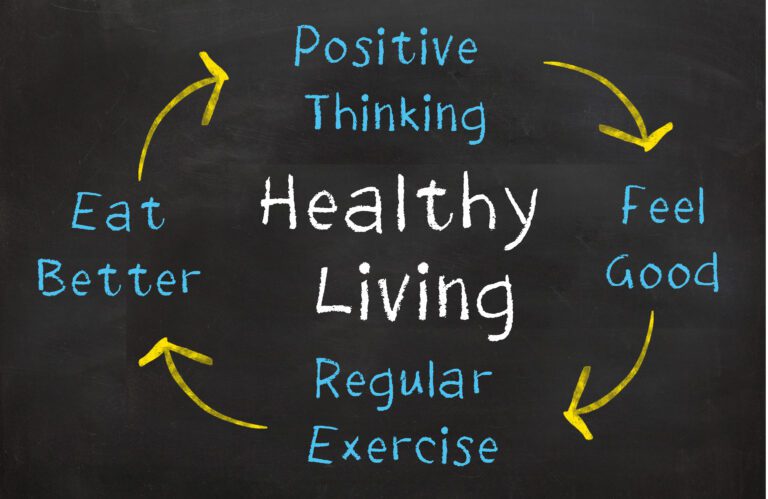The Reality of a Support System and How it Impacts the Treatment of Bipolar Disorder
*Photo by Shane Rounce on Unsplash
A support system is an important consideration when it comes to the treatment of your bipolar disorder.
What comes to mind when I say support system?
A support system does not solely consist of the people in your life. Tools and coping techniques help make up your support system as well.
The reality of a support system is it can positively, or negatively, impact the treatment of your bipolar disorder.
Types of Support
When looking at the support system in your own life, think of your expectations regarding each type of support. Also, look at your needs and what your treatment plan is evolving into.
Getting a look at the whole picture will give you a better understanding of your current situation and where you would like to go.
Now, let us take a look at a few examples of types of support.
Medical Model
The medical model of treatment consists of both medication management and therapy. I follow and adhere to the medical model approach in my treatment. That being said, it is one slice of the pie in my total overall treatment plan – it is the foundation.
Medication management is monitored by a medical professional, such as a doctor or nurse practitioner. I see a psychiatric nurse practitioner, and she is amazing.
A licensed Ph.D., social worker, or a licensed therapist handles therapy.
One of the main reasons I strongly support the medical model of treatment is because of the support I automatically receive. I see my psychiatric nurse practitioner once a month and my therapist each, or every other, week.
Plus, I can contact either one of them via phone or e-mail if something comes up.
Consistent monitoring of your treatment is extremely important.
Family and Friends
Friends and family can build you up or break you down. It is not always either/or but a combination of both.
I’m sure you have heard of the term toxic relationship. Maybe you have dealt with this situation firsthand. That has been my experience.
Take an honest look at these types of relationships in your life. If they are triggering your bipolar disorder, it may be time to do some soul-searching.
Family and friends can help support you—especially in times of crisis—by:
- Being a shoulder to cry on
- Going to doctor’s appointments with you
- Making appointments
- Monitoring your meds at home
- Going on a walk with you
- Watching a movie with you
- Helping to keep your place tidy
- Cooking dinner
- Shopping for groceries
Remember, it is your responsibility to assert your needs and expectations with your loved ones. You need to let them know what you need for them to help with that particular area of support.
For example, one of your friends may accompany you to your doctor’s appointments but cannot help go shopping. It makes things easier when you can be upfront with your loved ones about what you need and how they can help.
Support Group
A support group is not the same thing as group therapy.
A support group consists of patient leaders in an informal setting. On the other hand, group therapy is run by professionals, such as a therapist, social worker, or even a doctor.
If you need help finding a support group in your area, NAMI and the DBSA are wonderful places to start.
Support System
Each support system is different based on the individual, experience, treatment, resources, and needs.
The support system I am referring to is based on your diagnosis of bipolar disorder.
Healthy Support System
Healthy support is based on lifestyle and treatment.
Your loved ones can support you by choosing healthy food options when getting takeout or going to dinner. I’m not saying that your loved one’s need to eat healthy to be around you, but be sure to let them know your goals and expectations.
Do you want a friend pushing you to eat that large pepperoni pizza? Let them know, either way.
When it comes to treatment, medication is part of my foundation. I have spoken to my wife, and most evenings she asks me if I have taken my night-time meds, not in a demeaning way but to double-check the fact that yes, I have indeed taken them.
Do you see how her checking up on my night-time meds is an agreed-upon expectation as opposed to a source of contention?
Unhealthy Support System
Unhealthy support will impede your ability to maintain stability.
A person who shames you for healthily managing your bipolar disorder is an example of unhealthy support. They may shame you for taking medication, exercising regularly, following a sleeping routine, and making healthy eating choices.
Hopefully, you do not have someone in your life shaming you. If you do, cut them out, or at the very least reduce the amount of time you have to be around them.
It is an absolute necessity to put your treatment plan. Your treatment plan allows you to manage your bipolar disorder and function daily.
If my bipolar disorder gets out of control, I will no longer have the ability to function and take care of myself—someone else will have to for me.
Last Thoughts
Many times, a situation will necessitate support from a family member or even a friend. This can be the result of a financial burden, inability to function, or something completely different. You do not always have control over some situations. This can force you to rely on others.
To even begin to treat your bipolar disorder, you need the desire. You can have all the tools, strategies, and treatment approaches at your disposal, but they will do you no good if you do not take advantage of them.
It comes back to personal responsibility—YOU need to take steps to treat your bipolar disorder. No one else can do it for you. Yes, you can enlist the help of others to support you, but the decision to find a treatment that works is ultimately up to you.
With the right treatment, you can successfully manage bipolar disorder daily.







